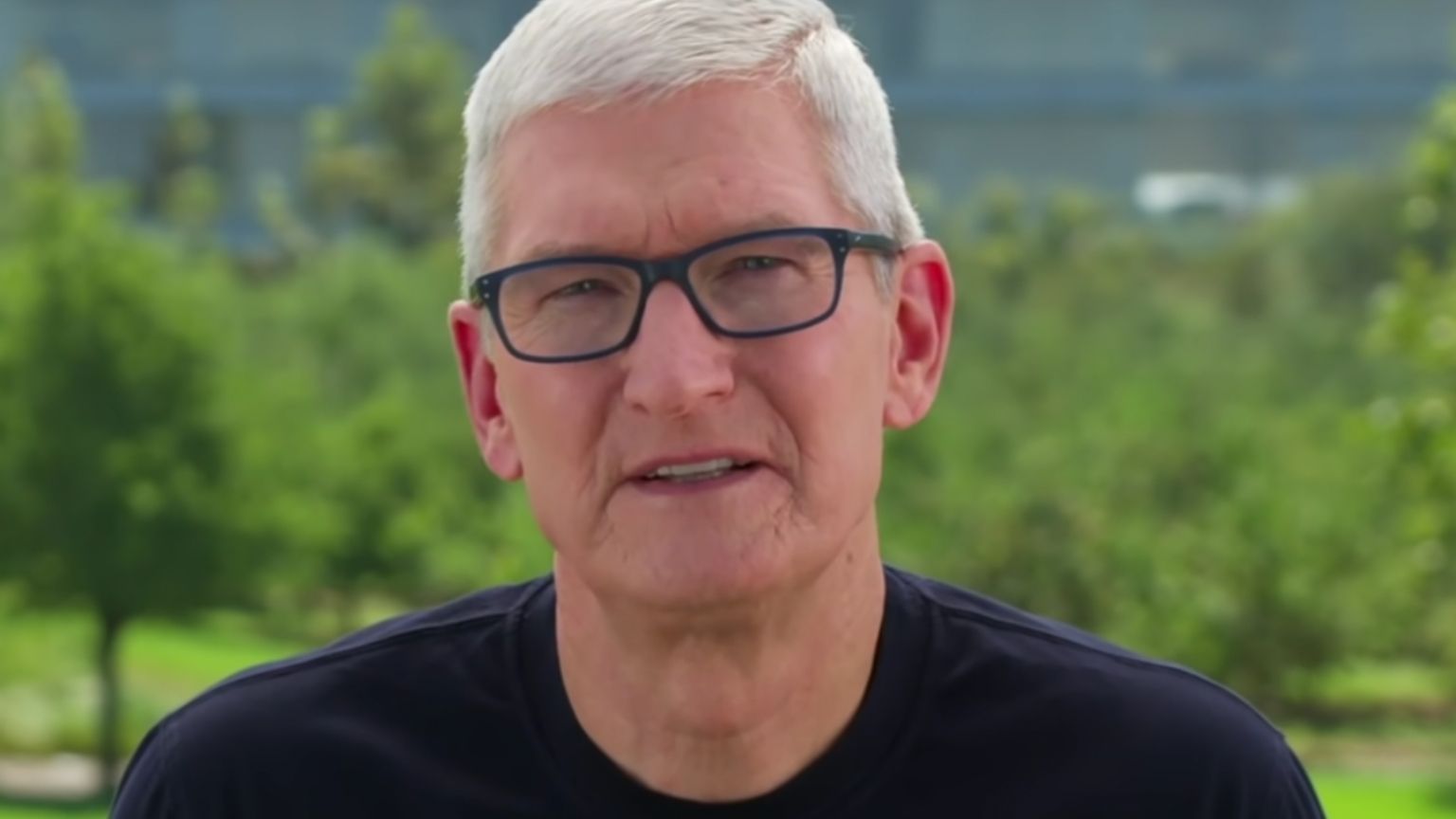Apple’s chief executive Tim Cook compared allowing sideloading (allowing the installation of apps from third-party sources) on the iPhone to making a car without seatbelts and airbags.
Related: Apple is still censoring its App Store for China
Apple has maintained that it does not allow sideloading for security reasons but critics see it as a way to crush competition and maintain its dominance in the iOS ecosystem, as well as making sure only Apple is allowed to decide what people have on their iPhones.
“It’s just too risky,” Cook said in a DealBook interview when asked about sideloading. “It wouldn’t be an iPhone if it didn’t maximize security and privacy.”
Cook continued to say that those who want to sideload apps have a choice: “If you want to sideload, you can buy an Android phone… If that’s important to you, then you should buy an Android phone.”
Apple has long insisted that allowing third party apps would compromise privacy and security. In a whitepaper released last month, the tech giant claimed: “Supporting sideloading through direct downloads and third-party app stores would cripple the privacy and security protections that have made iPhone so secure, and expose users to serious security risks.”
But critics insist security is an excuse Apple uses to maintain its dominance. They point out the fact that Apple’s macOS allows the installation of apps from third-party sources.
Apple is currently facing a lawsuit by Fortnite developer Epic over one of its anti-competitive policies. The iPhone maker does not allow third-party payment services for in-app purchases and imposes a thirty percent commission for purchases made through its in-app purchases system.
As the case proceeded in September, the court ruled that Apple should not prohibit the processing of in-app purchases by third-party services. But the court did not rule the App Store a monopoly and ruled that Apple did not break the law when it booted Fortnite from the App Store.








